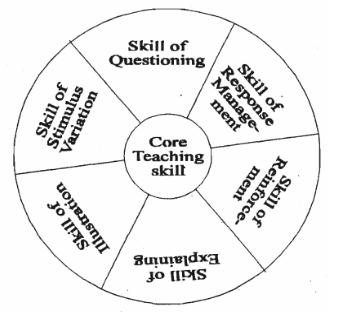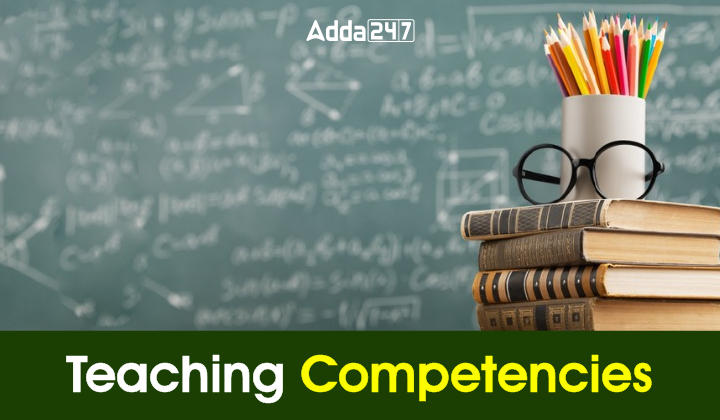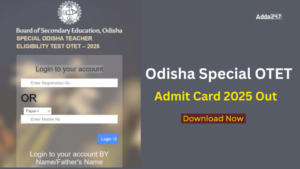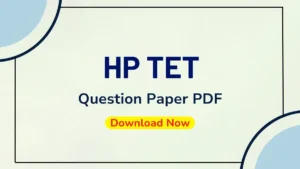Table of Contents
Teaching competencies encompass the vital skills, knowledge, and attributes essential for effective teaching. They ensure that educators can provide high-quality education and facilitate student learning efficiently.
Key teaching competencies include mastery of subject matter, effective communication skills, and the ability to design and implement engaging lesson plans. These competencies are critical in creating a positive and inclusive learning environment, fostering student engagement, and promoting a culture of lifelong learning. Effective teaching competencies enable educators to create a positive learning environment, engage students, and foster a culture of learning.
Teaching Competencies Category
Teaching competencies can be classified into 3 categories which are as follows:
- Core teaching skills
- Specific teaching skills
- Target Group-Specific Teaching Skills
Core Teaching Skills
Core teaching skills encompass the essential abilities and competencies that teachers need to create an engaging learning environment, facilitate effective instruction, and support student learning and development.

The skill of questioning
- This refers to the ability of a teacher to ask thought-provoking and purposeful questions to engage students in active thinking and promote deeper understanding.
- Skilful questioning involves using a variety of question types, such as open-ended questions, probing questions, and higher-order thinking questions, to encourage critical thinking, problem-solving, and participation in classroom discussions.
The skill of response management
- This skill includes techniques for maintaining an inclusive and respectful learning environment, managing student participation, providing equitable opportunities for all students to contribute, and facilitating meaningful discussions.
- A skilled teacher can navigate different student responses, redirect discussions when necessary, and ensure that all voices are heard.
The skill of reinforcement
- Reinforcement refers to the use of positive feedback, rewards, and recognition to encourage and strengthen desired student behaviour and learning outcomes.
- Skilled teachers employ various reinforcement strategies, such as praise, encouragement, acknowledging progress, and providing incentives, to motivate students, reinforce positive behaviours, and enhance student engagement and achievement.
The skill of explaining
- The skill of explaining involves the ability to convey information, concepts, and processes clearly and effectively to students.
- A skilled teacher can break down complex ideas into simpler, more understandable parts, use appropriate examples and analogies, and adapt explanations to match students’ prior knowledge and learning styles.
- Clear explanations help students grasp new information and build a solid foundation for further learning.
The skill of illustration
- Illustration refers to the use of visual aids, demonstrations, and examples to enhance understanding and make abstract concepts more concrete and accessible to students.
- Skilled teachers employ various visual and sensory representations, such as diagrams, charts, models, real-world examples, and multimedia resources, to illustrate concepts, stimulate curiosity, and support students’ comprehension and retention of information.
The skill of stimulus variation
- Stimulus variation involves the intentional use of different instructional techniques, materials, and activities to maintain student interest, engagement, and attention during teaching.
- Skilled teachers employ a range of instructional strategies, such as group work, discussions, hands-on activities, multimedia presentations, and interactive technologies, to provide varied and stimulating learning experiences.
Specific teaching skills
Specific teaching skills refer to specialized abilities and techniques that teachers possess in a particular area, subject, or instructional context to effectively deliver instruction, cater to unique student needs, and enhance learning outcomes.
Specific teaching skills can be classified into two categories based on the subjects and students being taught:
- Subject-based teaching skills
- Grade-based teaching skills
Subject-based teaching skills
- It refers to the specific knowledge, strategies, and techniques required to effectively teach a particular subject or discipline.
- These skills are centred around the content, concepts, and instructional methods associated with that subject area.
- For example, subject-based teaching skills for mathematics would include an understanding of mathematical concepts, problem-solving strategies, and the ability to effectively communicate and explain mathematical ideas to students.
Grade-based teaching skills
- These are the skills and competencies that teachers need to teach effectively at a particular grade level or age group.
- These skills are tailored to the developmental needs, abilities, and learning styles of students within a specific grade range.
- For instance, Grade-based teaching skills for high school would involve subject-specific expertise, advanced instructional strategies, preparing students for standardized tests or college admissions, and guiding career exploration.
In summary, subject-based teaching skills are subject-specific knowledge and instructional techniques, while grade-based teaching skills are tailored to the developmental needs and abilities of students in a particular grade level or age group.
Target Group-Specific Teaching Skills
Target group-specific skills refer to the specialized abilities and knowledge that teachers possess to meet the unique needs, characteristics, and developmental stages of a specific group of learners. These skills enable teachers to tailor their instruction, instructional methods, and support strategies to effectively engage and facilitate learning for their specific target group.
Recognizing and understanding each student’s unique needs is crucial for their development. Students with learning disabilities require special attention due to struggles in performing tasks within expected ranges. Handicapped students, including those with learning disabilities, speech impairments, mental retardation, etc., often lack effective education but can make progress with specialized strategies.
Positive attitudes from teachers are essential, creating inclusive classrooms where superiority or inferiority is eliminated. Gifted students need innovative teaching and enriched tasks, while disadvantaged groups, like females facing discrimination, require specific skills to address challenges and foster belief in their potential.
Conclusion
It’s important to note that these teaching skills may overlap and vary depending on the curriculum, educational standards, and the specific needs of the students. Teachers often develop a combination of general teaching skills and subject/grade-specific expertise to effectively teach in their specific context.
Download Teaching Competencies Study Notes PDF




 UP ECCE Educator Salary 2025, Check Basi...
UP ECCE Educator Salary 2025, Check Basi...
 OTET Admit Card 2025 Out, Download Hall ...
OTET Admit Card 2025 Out, Download Hall ...
 HP TET Question Paper 2025, Download Art...
HP TET Question Paper 2025, Download Art...




